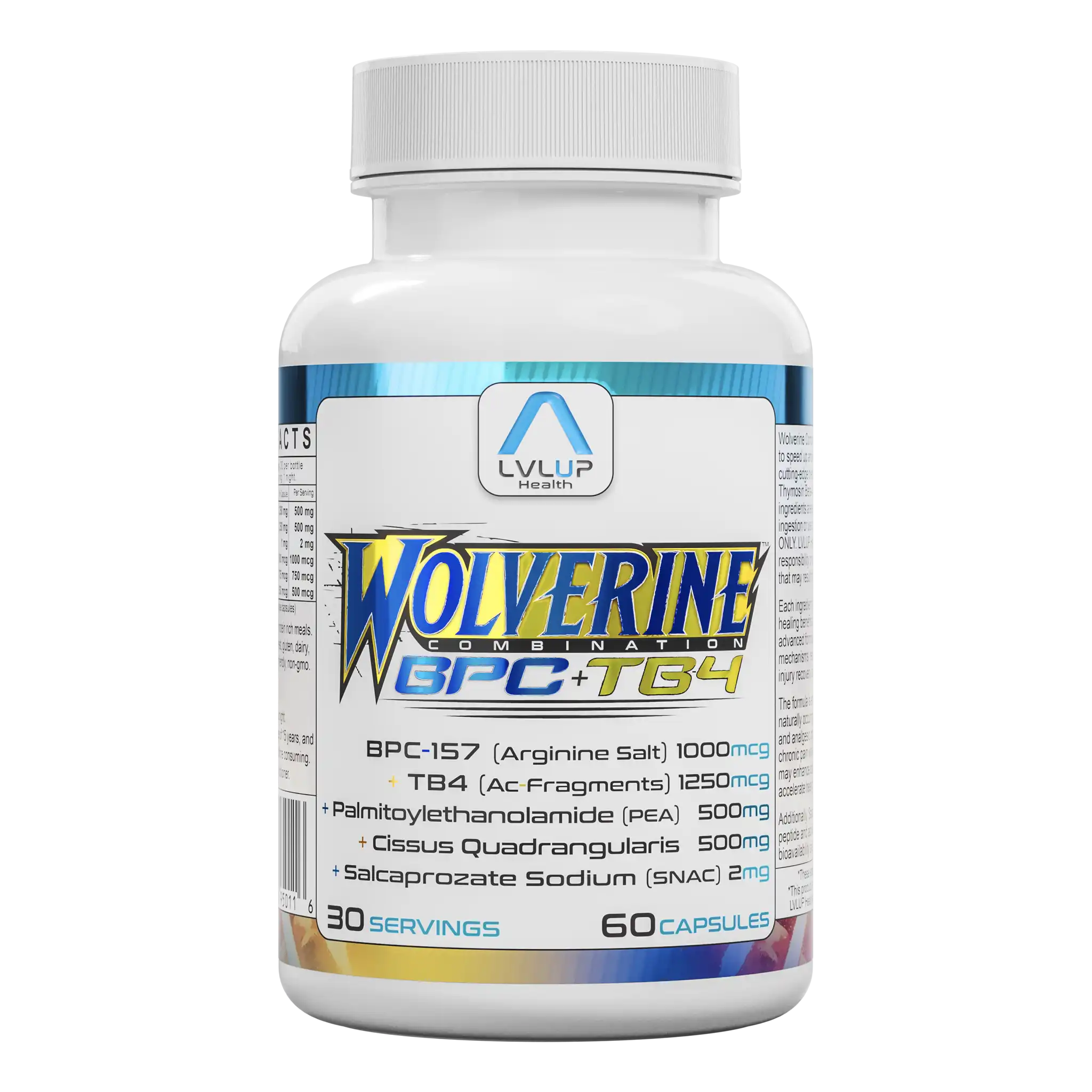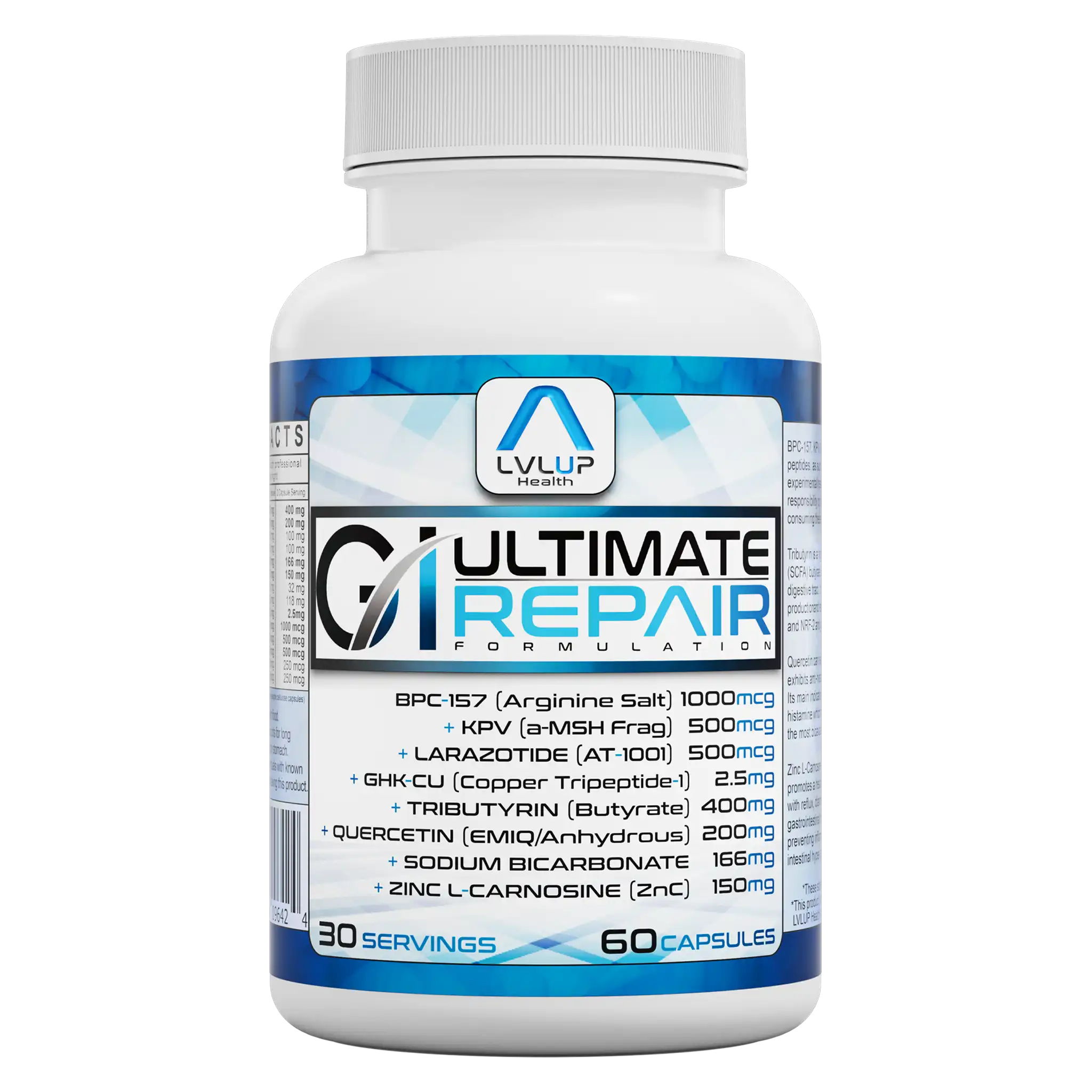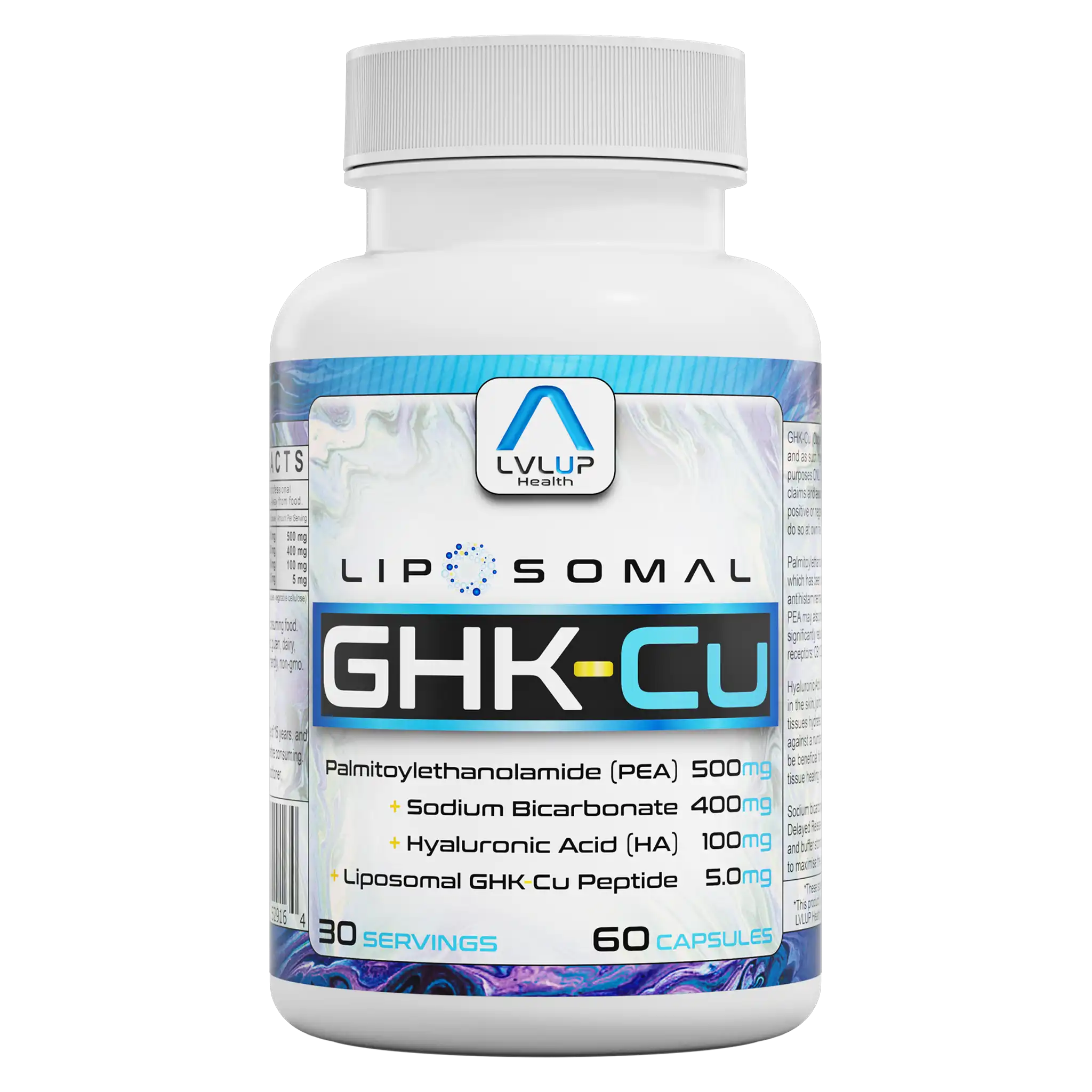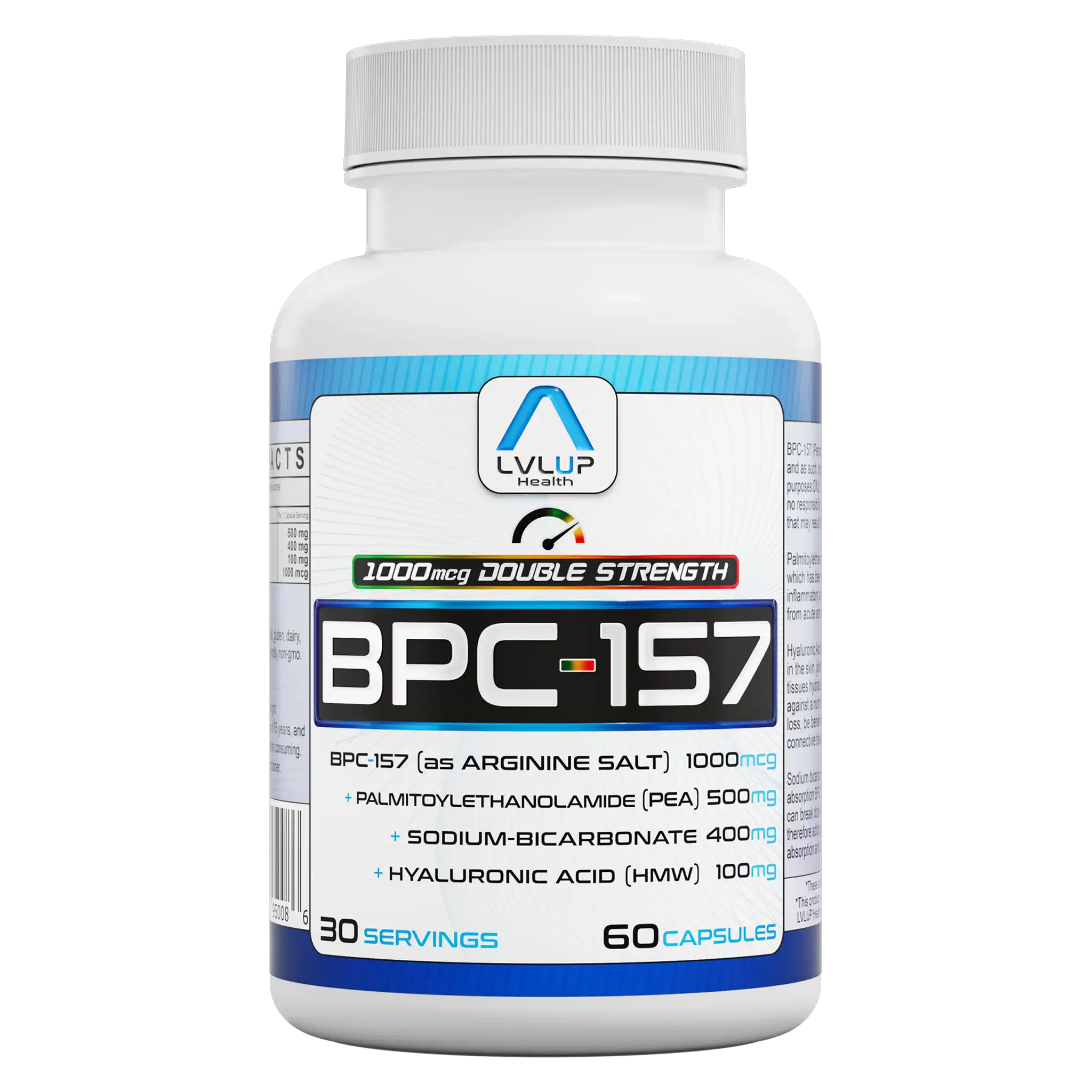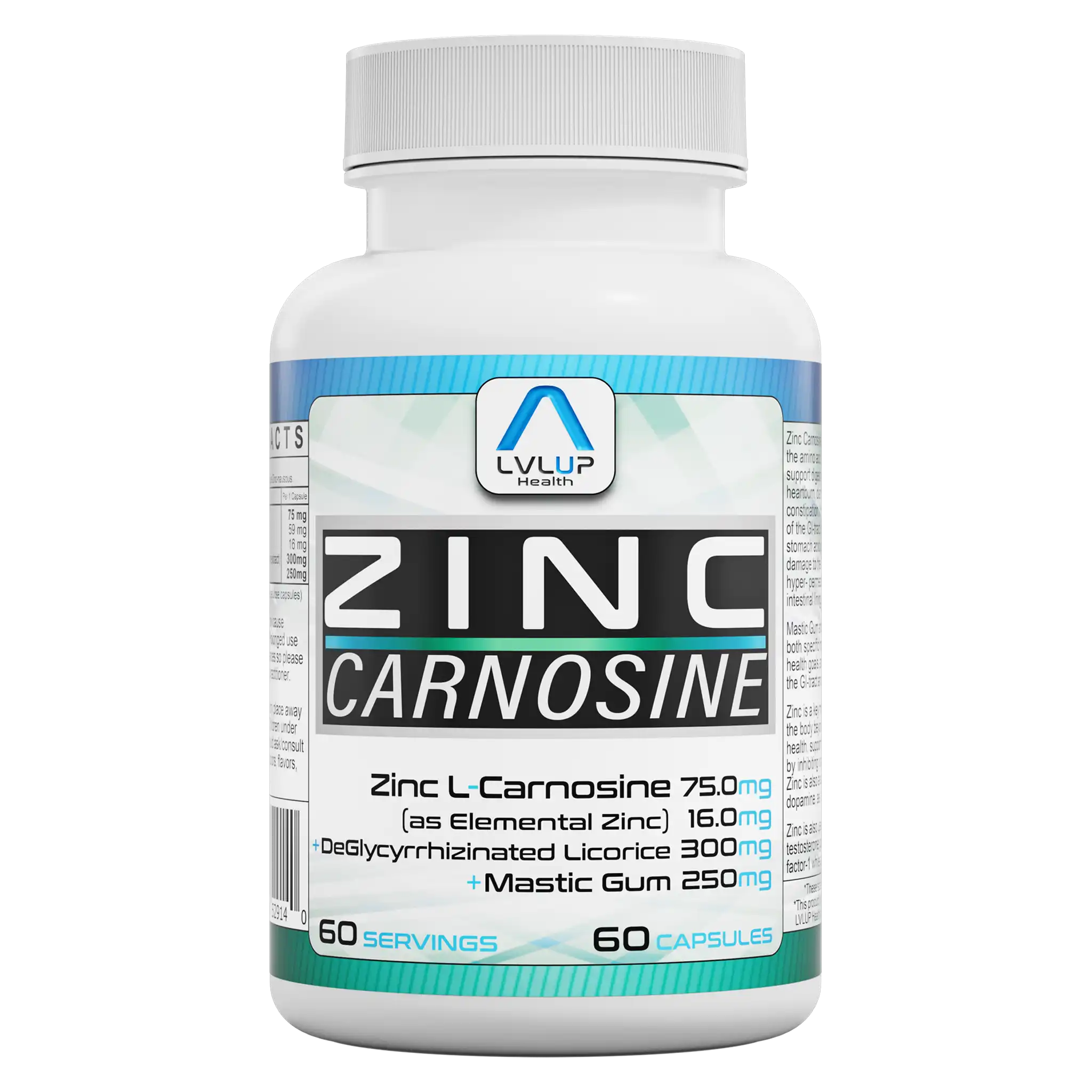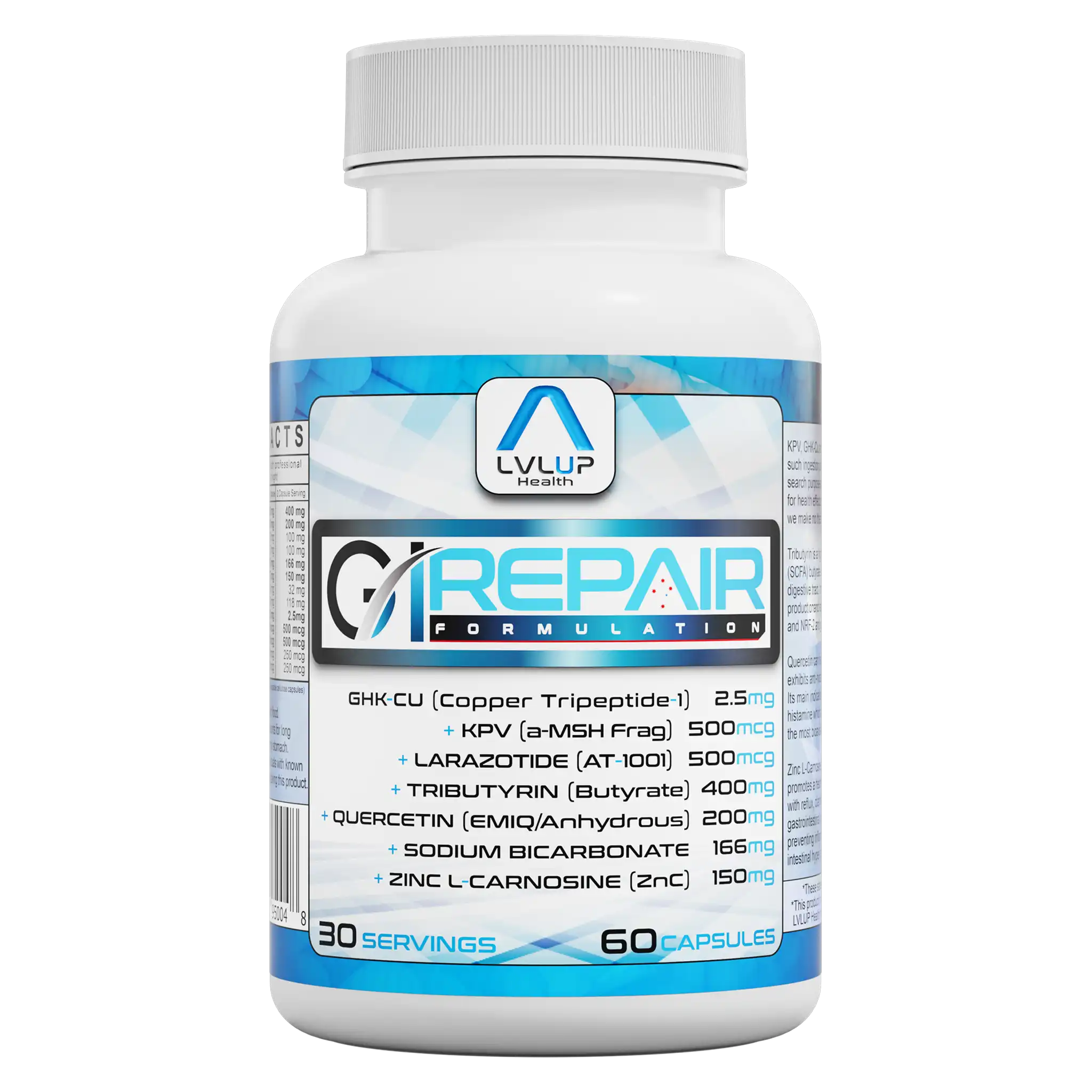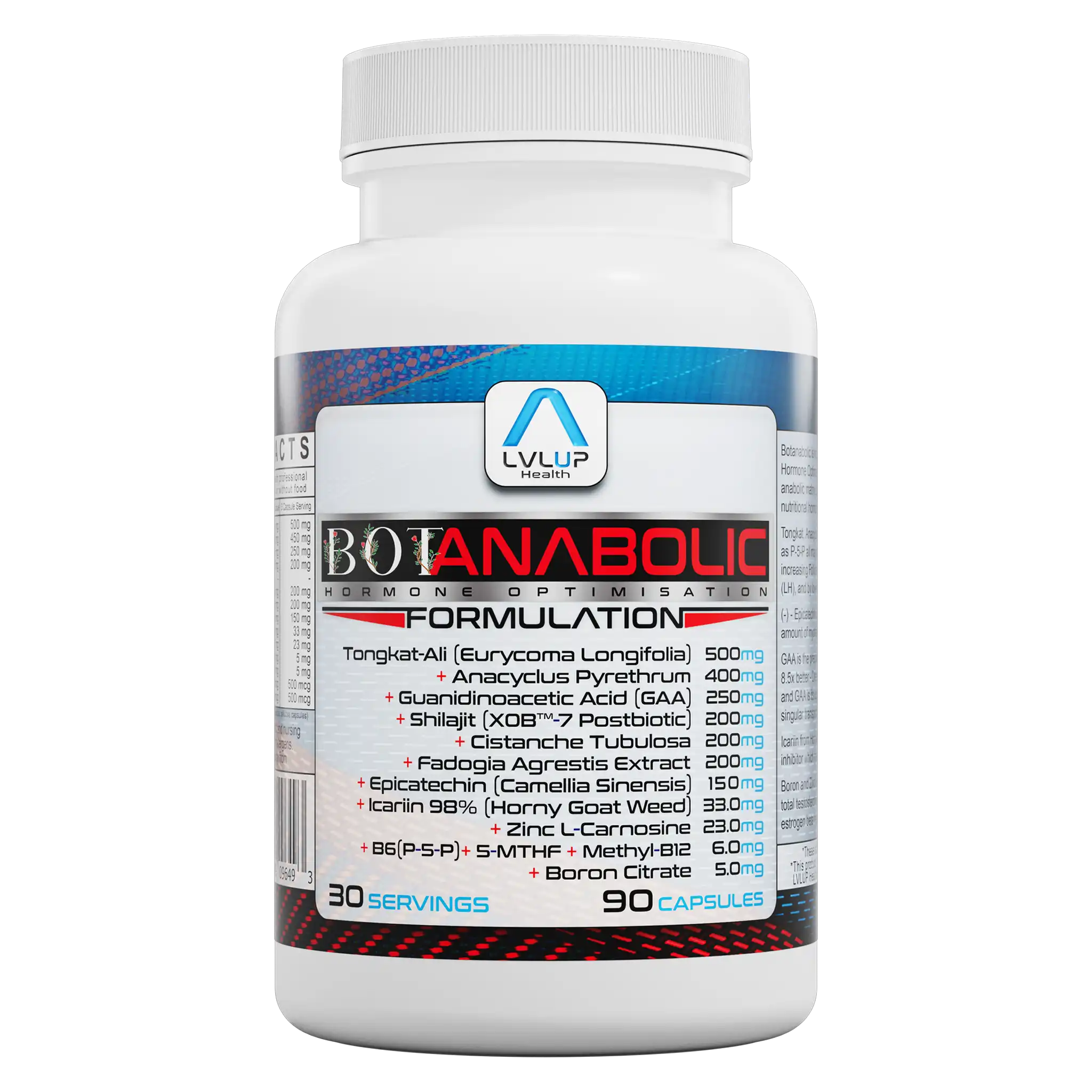Zinc L-Carnosine
About Zinc L-Carnosine
How Zinc L-Carnosine Works for You
Zinc L-Carnosine originated in Japan, where it quickly gained traction for its unusual ability to stick to the stomach lining and focus its effects on stressed or damaged tissue. It’s not just ordinary zinc; it’s a unique chelate – meaning zinc is bound tightly to the amino acid dipeptide L-carnosine. This combination changes how each part behaves in your body.
The Role of Zinc
Your body uses zinc for tissue repair, immune function, and maintaining healthy testosterone levels. When zinc levels drop, testosterone production can also decline, which is significant whether you’re an athlete, biohacker, or anyone interested in hormonal health. Zinc supports enzymes like 17β-hydroxysteroid dehydrogenase, providing a dual benefit: support for your gut lining and hormonal balance.
L-Carnosine and Antioxidant Activity
L-carnosine adds antioxidant activity, helping to buffer reactive oxygen species (ROS) that increase during gut distress or inflammation. This compound offers targeted support, sticking to the gut lining while providing essential recovery tools and a nudge toward hormonal balance.
Designed for Gentle, Lasting Action
Unlike plain zinc salts, Zinc L-Carnosine releases slowly over time. This slow release is generally easier to tolerate, especially for those sensitive to standard zinc supplements.
Synergy in Supplement Formulas
You’ll find Zinc L-Carnosine in products like Zinc Carnosine + (paired with mastic gum and DGL) and Ultimate GI Repair alongside bioactive peptides. It’s also in Botanabolic, supporting muscle strength and hormonal health.
Who Finds This Useful?
Biohackers seeking hormone support, athletes aiming for better recovery, or anyone looking for strategies against stomach upset may find this useful. If you’re focused on defending your gut lining while maintaining hormone production, this fits well in your regimen.
Found In
Formulated With
Detailed Information
Unique Chemical Structure
Zinc L-Carnosine, sometimes called polaprezinc, features a coordination polymer structure that increases its affinity for gastric mucosa compared to monomeric zinc salts. Its chemical stability allows it to resist dissociation under acidic gastric conditions.
Mechanism of Action
ZnC mediates mucosal repair through MTF-1-driven transcriptional activation of metallothionein genes and enhances antioxidant defenses. It stabilizes epithelial barrier function by reinforcing tight junction proteins after oxidative or chemical injury.
Clinical Implications
Clinical studies show ZnC accelerates gastric epithelium restitution following acute insult by promoting local trophic factors while minimizing excessive pro-inflammatory cytokine expression. ZnC adheres to gastric mucosa for 60-90 minutes post-ingestion, allowing site-specific action.
Zinc and Steroidogenesis
Zinc is crucial for steroidogenesis; it influences enzymatic systems converting cholesterol into active steroid hormones. In Leydig cells, zinc affects expression and activity of enzymes critical in testosterone biosynthesis.
Research and Applications
Current research explores ZnC as adjuvant therapy in conditions involving impaired mucosal defense or chronic low-level inflammation within gastrointestinal tissues.
